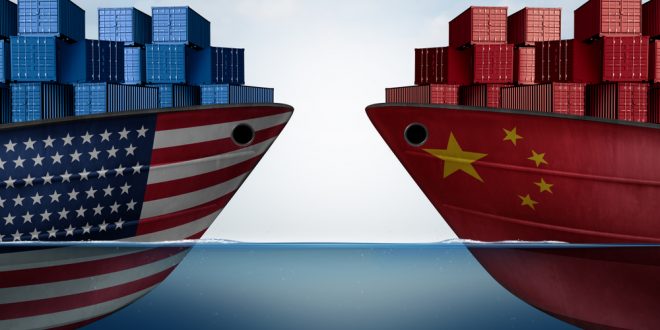Xi Jinping’s Silence Signals Trouble in US-China Trade War
The escalating US-China trade war has taken a dramatic turn as China firmly denies recent tariff talks, contradicting President Donald Trump’s claims of direct communication with President Xi Jinping. Beijing’s foreign ministry and its Washington embassy have dismissed assertions of any leader-to-leader dialogue, stating that no consultations or negotiations on tariffs are underway. This public rebuff not only challenges Trump’s narrative but also raises serious concerns about the prospects for de-escalating a trade conflict that threatens global economic stability.
The absence of direct communication between the two leaders is more than a diplomatic slight—it’s a critical obstacle to resolving a tariff war that’s already straining both economies. Trump’s tariffs, now as high as 145% on Chinese goods, are hitting US businesses and consumers hard, while China’s refusal to engage suggests it’s prepared to endure economic pain longer than anticipated. The US Treasury Secretary has admitted to being unaware of any recent Xi-Trump conversation, further undermining confidence in Washington’s negotiating strategy. Without a clear channel for dialogue, the risk of missteps fueled by nationalist pressures grows, potentially pushing the world’s two largest economies toward a deeper economic conflict.
China’s strategic silence reflects a calculated approach. Beijing views the tariff dispute as part of a broader geopolitical struggle, not a standalone issue ripe for quick resolution. By avoiding direct talks, Xi avoids appearing weak domestically, especially under pressure from Trump’s aggressive tactics. Meanwhile, China is focusing on stabilizing its economy, targeting 5% growth for 2025 despite lowered forecasts of around 4% from international economists. The government is bolstering businesses and promoting entrepreneurship to offset job losses, while asserting that disruptions in US energy imports won’t derail its energy supply. A potential 2 trillion yuan stimulus is on the table, but officials emphasize they’re in no rush to act.
In the US, Trump’s strategy of escalating tariffs to force a summit has faltered, leaving his administration divided. Some advisors advocate for continued hardline measures, even favoring economic decoupling, while others push for cautious engagement, banking on a supposed personal rapport between Trump and Xi. The lack of progress has global implications, with economists warning that the trade war could tip the US into a recession and disrupt international markets. As China bets on outlasting Trump’s political leverage, the absence of a diplomatic off-ramp leaves both nations—and the global economy—on a precarious edge.

 Noor Trends News, Technical Analysis, Educational Tools and Recommendations
Noor Trends News, Technical Analysis, Educational Tools and Recommendations




